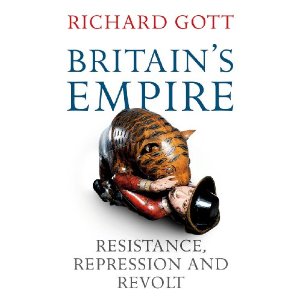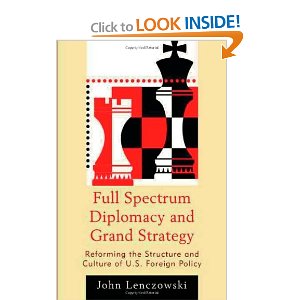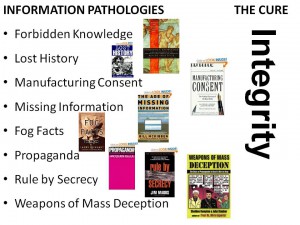
The best book I've read in a very long time is a new one: The End of War by John Horgan. Its conclusions will be vigorously resisted by many and yet, in a certain light, considered perfectly obvious to some others. The central conclusion — that ending the institution of war is entirely up to us to choose — was, arguably, reached by (among many others before and since) John Paul Sartre sitting in a café utilizing exactly no research.
Horgan is a writer for “Scientific American,” and approaches the question of whether war can be ended as a scientist. It's all about research. He concludes that war can be ended, has in various times and places been ended, and is in the process (an entirely reversible process) of being ended on the earth right now.

The war abolitionists of the 1920s Outlawry movement would have loved this book, would have seen it as a proper extension of the ongoing campaign to rid the world of war. But it is a different book from theirs. It does not preach the immorality of war. That idea, although proved truer than ever by the two world wars, failed to prevent the two world wars. When an idea's time has come and also gone, it becomes necessary to prove to people that the idea wasn't rendered impossible or naïve by “human nature” or grand forces of history or any other specter. Horgan, in exactly the approach required, preaches the scientific observation of the success (albeit incomplete as yet) of preaching the immorality of war.
Continue reading “David Swanson: War and Being and Nothingness”








